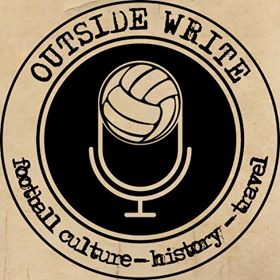
On March 21, 2022, SAfm—South Africa’s national news and talk radio station—did a live interview with me on the “Sport On” show about the connections between soccer, apartheid, and human rights.
March 21 is Human Rights Day in South Africa, a national holiday honoring the victims of the Sharpeville Massacre of 1960. That Monday morning, South African police shot peaceful protestors, killing 69—many of them in the back—and wounding nearly 200 outside a police station in Sharpeville township, near Vereeniging, a 45-minute drive south of Johannesburg. The police killings brought international condemnation and triggered Pretoria’s banning of the African National Congress (Nelson Mandela’s organization) and the Pan Africanist Congress (which had organized the Sharpeville demonstration). With the country suddenly under martial law, the liberation movements turned to armed struggle.
As I say at the start of the interview with Thabiso Mosia (after a few technical difficulties), the 1960 massacre and its aftermath informed FIFA’s decision the following year to suspend South Africa. The world governing body’s sanctions marked an important early victory in the increasingly global fight against apartheid and instilled hope among South Africans at a grim time. Isolation from world soccer accelerated the campaign to transform South Africa into a pariah of global sport. In 1970, the country of apartheid was expelled from the Olympics and by the 1980s few sporting bodies or competitions allowed South Africans to participate.
My conversation with Mosia went on to discuss a few other things, too, such as the remarkable life of Darius Dhlomo—one of the first Black South African pros in Europe—racial integration in South African soccer, and the country’s hosting of the 2010 FIFA World Cup.
Feel free to listen to the interview below and share it, too!

